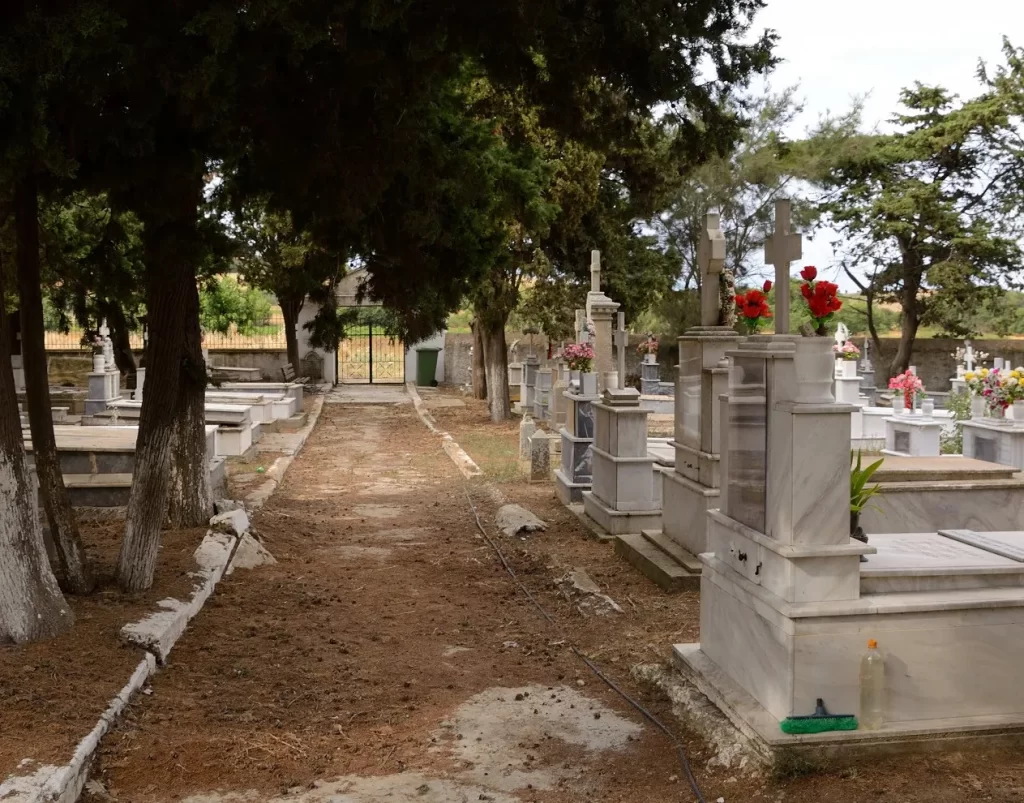For most people – certainly for most artists – to be forgotten when they die is not something they would wish. They would like to be remembered for a long time. Sometimes, when they fantasize about success, they might even dream of an undefined future, long after their demise, with their name still associated with artistic or other achievements.
Not me. I want to be forgotten when I die. I want my art, in particular, everything that I’ve made – from novels to songs to drawing – to disappear as if it had never existed.
This might sound counterintuitive, odd, and to some readers even hypocritical. I don’t blame you. As I said, to be forgotten when you die is not something you hear often from the mouth of people who create. Yet my motivations, as always, are entirely selfish. The deeper reasons might even be useful to you.


